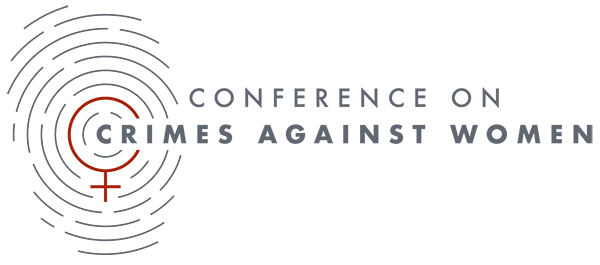This post is based off the conversation from the PCAW episode: Navigating Trauma and Healing within Indigenous Communities
How is your perception of Indigenous people shaped? The societal narratives we absorb can often distort our understanding, creating a biased perception that can be detrimental to these comm unities. Our guest, Christina Love, challenges us to reevaluate these preconceptions and reframe our perspectives. An Indigenous speaker, educator, survivor, and activist, Christina provides us with a raw account of her experiences with violence, addiction, and personal healing.
Christina’s personal narrative paints a vivid picture of the high rates of violence and addiction within Native American communities. She breaks down alarming statistics and the tragic history that has led to high rates of substance use disorders and trauma in tribal communities. Her insights extend to societal failures to protect victims, often leading to further victimization. We also delve into the Not Invisible Act and the missing and murdered Indigenous women’s movement, revealing an urgent need for change.
What is even more compelling is Christina’s exploration of the body’s role in storing trauma. She examines therapy, movement and reflection as catalysts for healing, emphasizing the significance of humor and parenting practices in surviving and revitalizing language. Christina underlines the importance of organizations focusing on healing and the essential shift in thinking about addiction and recovery.
The conversation further examines the connection between violence and substance use in tribal communities, and how the history of victimization among Native American women contributes to the current epidemic of substance use disorders. We also discuss how society’s reaction to what people are experiencing, such as isolation and stigma, can lead to greater vulnerability and addiction.
We delve into the process of immersion and assimilation and how it can help people adjust to different cultures and languages. We further explore the importance of understanding how our environment impacts our bodies and behavior. Finally, we discuss the role of expression and how being honest about what we feel can help us find the things we need.
In the end, the episode brings to light the power of self-awareness and reflection in understanding our motivations and behaviors. We examine how understanding the history of trauma in Indigenous communities can create a better future. We also discuss the how the Conference on Crimes Against Women is a powerful avenue for continuing these vital discussions.
Overall, this episode offers an in-depth look into Indigenous survival, healing, and activism, providing a platform for the stories that are often overlooked or silenced. Christina Love’s insights into violence, addiction, and recovery in Indigenous communities challenge us to reassess our understanding and advocate for change. As we listen, learn, and reflect, we are called to action, not just to change our perceptions, but to actively participate in the healing process.



